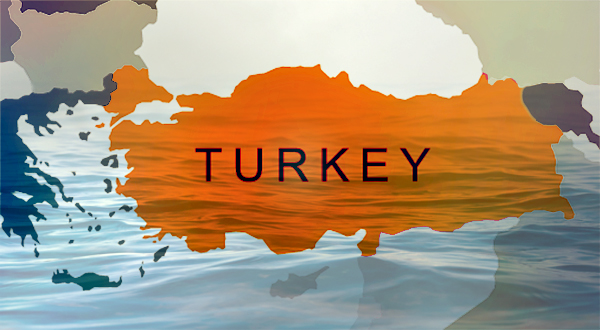Oil tankers that export Kazakh and Russian crude from ports in the Black Sea, are competing on spiraling delays when they voyage through Turkey’s most important straits. To this result, the delivery of millions of bbl of supplies on the Mediterranean Sea and past it, are being stalled.
According to Bloomberg, the long queues to pass the Boshporus and Dardanelles straits are caused because of the rules that changed in September.
The rules focused on vessels being escorted by tugboats. It is estimated that tankers holding approximately 39 MMbo are waiting.
[smlsubform prepend=”GET THE SAFETY4SEA IN YOUR INBOX!” showname=false emailtxt=”” emailholder=”Enter your email address” showsubmit=true submittxt=”Submit” jsthanks=false thankyou=”Thank you for subscribing to our mailing list”]
Except the rules that were imposed, bad weather is another factor that contributes to the vessels stalling.
Also, James Davis, director of short-term global oil service at Facts Global Energy reported that
The refineries in the Mediterranean are very soon going to start feeling the pinch on this if the delays continue or get worse.
Moreover, the Turkish straits are always busy as they are a point of global oil transfer supplies from Kazakhstan, Russia and Azerbaijan, to reach to international destinations.
Those shipments, particularly from Kazakhstan, have surged in recent years, exceeding 2 MMbopd for sustained periods in late 2018
Despite impeding outflows, tankers are also waiting to enter the Black Sea to get to export terminals.
Because of all the stalling, loadings at the Russian port of Novorossiysk and the nearbu CPC, are also behind schedule.
Concluding, overall tankers wait approximately 13 days to pass through the Turkish straits in order to exit the Black Sea, the longest waiting times from 2014. On the contrary, vessels moving to the opposite destinations are waiting for about 15 days.






























































